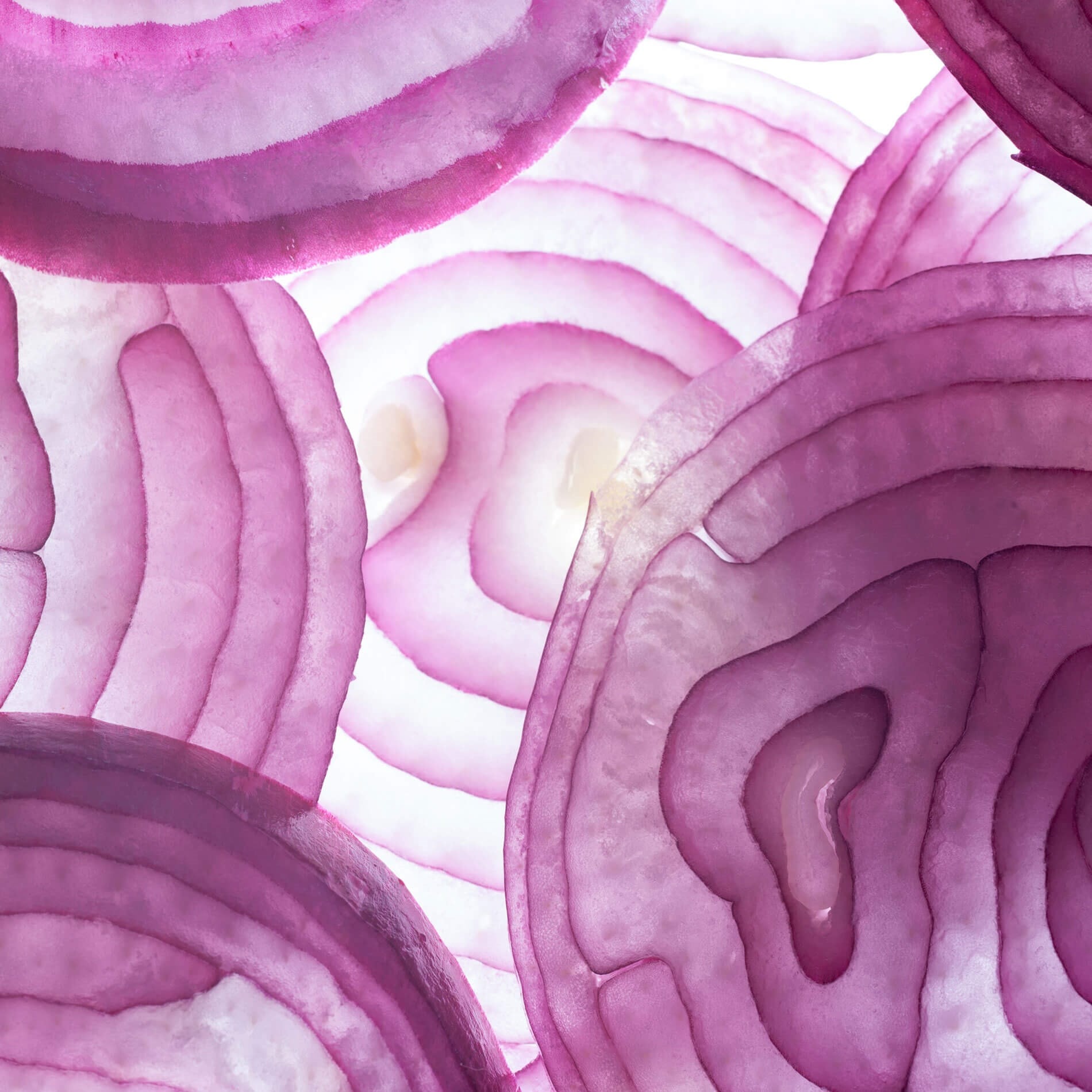Are all probiotics the same?
We are often asked if 'all probiotics are the same?', and the very easy answer here is - absolutely not! Different probiotic species and strains have been shown to have unique properties,which means that they affect our health in different ways and exert their effects in different parts of the microbiome. When it comes to probiotics, or live cultures (as they are sometimes referred) it is important to select a potent formula containing particular strains that support your own specific health needs.
When purchasing probiotics it is recommended to choose a formula that fit the below criteria:
- Guaranteed viability of probiotic strains
- Well researched and documented strains that are able to survive the acidic stomach environment and exposure to bile salts.
- Researched to show evidence that the bacteria is able to proliferate well and colonise in the upper and lower intestines (where they exert their probiotic benefits).
Probiotic Strains in Depth
Probiotic names are normally made up of 3 parts:
- Firstly, a genus or family of bacteria (e.g. Lactobacillus).
- Secondly, a species within that genus (e.g. rhamnosus).
- Lastly, a specific strain within that species (e.g. Rosell-11).
Whilst the genus and species tells us a bit about its properties and where the probiotic settles in the body, it is the probiotic strain itself which determines the volume of research behind a particular probiotic. For example, L. acidophilus is generally accepted to be a good probiotic species; however looking into the specific strains within this species, such as NCFM® or Rosell-52 allows us to determine which types of acidophilus have been clinically tested in which situations. The different strains within the acidophilus species will have different effects on the body, and should be used for different health conditions.
You can find out more about acidophilus here.
To go even deeper, please have a read of our page dedicated to 'The Cure-All Myth'.
You might also want to explore 'The Strain Myth'.
Author: Kerry Beeson, BSc (Nut.Med) Nutritional Therapist.
Popular articles
View all Probiotics articles-
Probiotics11 Oct 2023

